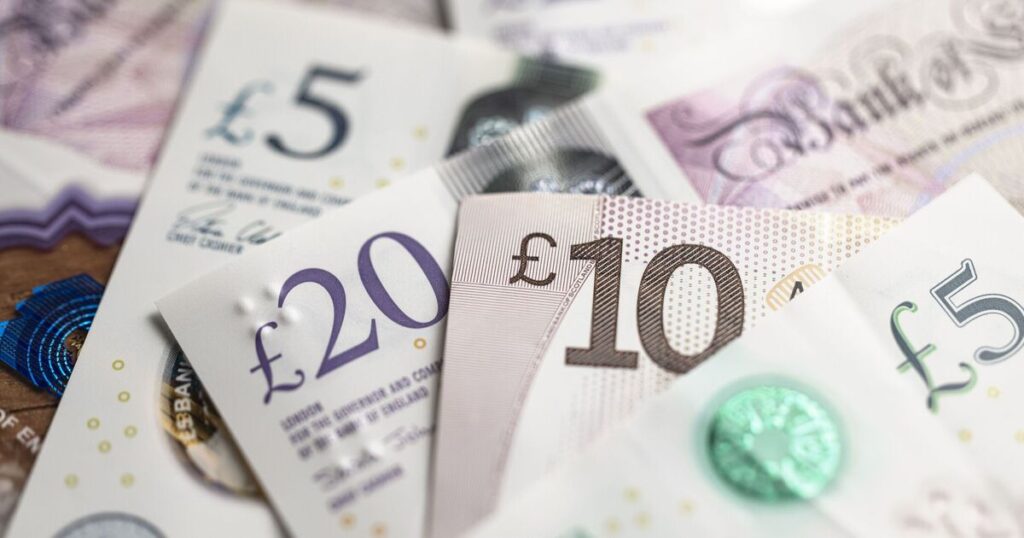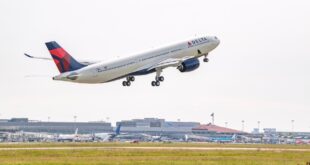
Shops and services could be forced by law to accept cash to protect millions of vulnerable people who still depend on notes and coins, MPs have warned.
In a report, the Treasury Committee called on the Government to vastly improve its monitoring of where and when cash is being accepted – and warned that inaction risks creating a “two-tier society” that leaves the elderly, victims of abuse, and the poorest out in the cold.
“A sizeable minority depend on being able to use cash,” said Dame Meg Hillier MP, the Committee’s chair. “We are at risk of a two-tier society where the most vulnerable bear the brunt and this needs to be a wake-up call.”
While stopping short of demanding a new law, MPs said the Government may need to intervene with mandatory cash acceptance rules if safeguards aren’t urgently improved.
“There may come a time in the future where it becomes necessary for HM Treasury to mandate cash acceptance,” the report said.
Currently, UK businesses are under no obligation to accept physical currency – meaning more shops and services are going card-only. MPs said this trend was pushing up prices for essential goods in the dwindling number of outlets that do still accept cash, hitting vulnerable groups hardest.
“This is the beginning, not the end, of our scrutiny,” added Dame Meg. “The Government needs to take this seriously.”
The report included evidence from domestic abuse victims, pensioners, and people with learning disabilities, all of whom rely on cash for budgeting, privacy and financial independence.
It highlighted particular concern for those fleeing abusive partners, who may rely on cash to avoid being tracked via card transactions.
“There is a very real risk of exclusion from basic community services such as theatres, public transport, or even car parks,” the committee warned, citing reports of drivers unable to pay by cash and being fined.
While other countries like Australia and parts of the EU are preparing legal protections for cash in essential services, the UK Government has so far resisted such steps.
The report follows concerns over national resilience, with recent digital banking outages prompting a surge in cash withdrawals. Yet according to the Committee, the Government has “no clear picture” of how many places still accept cash – or how fast it’s disappearing.
LINK data suggests half of Britons had visited somewhere in the last two months where cash wasn’t accepted or was actively discouraged. Yet 98 per cent of small businesses told a Savanta poll they still accept cash – revealing a huge gap in the data.
“The Government is in the dark on how widely cash is being accepted and that is completely unsustainable,” said Dame Meg.
In a small boost for cash access, the Post Office has signed a deal with 30 banks and building societies to allow customers to withdraw, deposit and check balances at local counters until 2030. And ministers say they remain committed to delivering 350 shared banking hubs.
But without action on the acceptance of cash, MPs warn millions could be locked out of day-to-day life.
“As a society, we must avoid sleepwalking into a situation where cash is no longer widely accepted,” Dame Meg said. “Those who depend on it must not be forgotten.”
The Treasury said the government was committed to seeing 350 banking hubs in place.
“We welcome businesses who do want to continue accepting cash and new rules introduced by the Financial Conduct Authority support this by helping them to make deposits,” a spokesperson said.
 Latest World Breaking News Online News Portal
Latest World Breaking News Online News Portal






